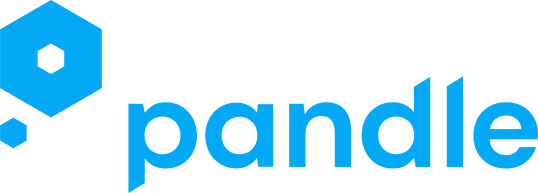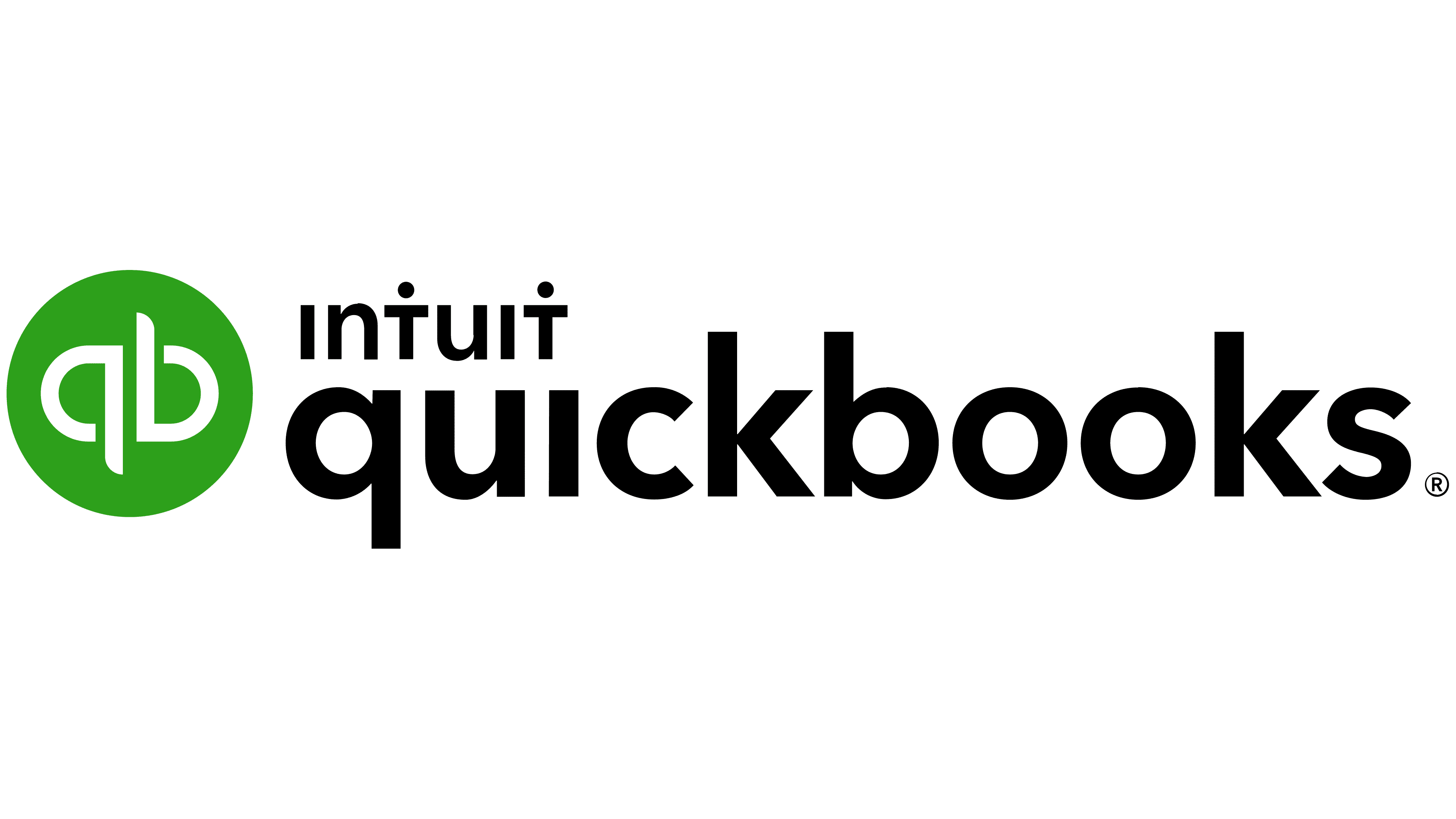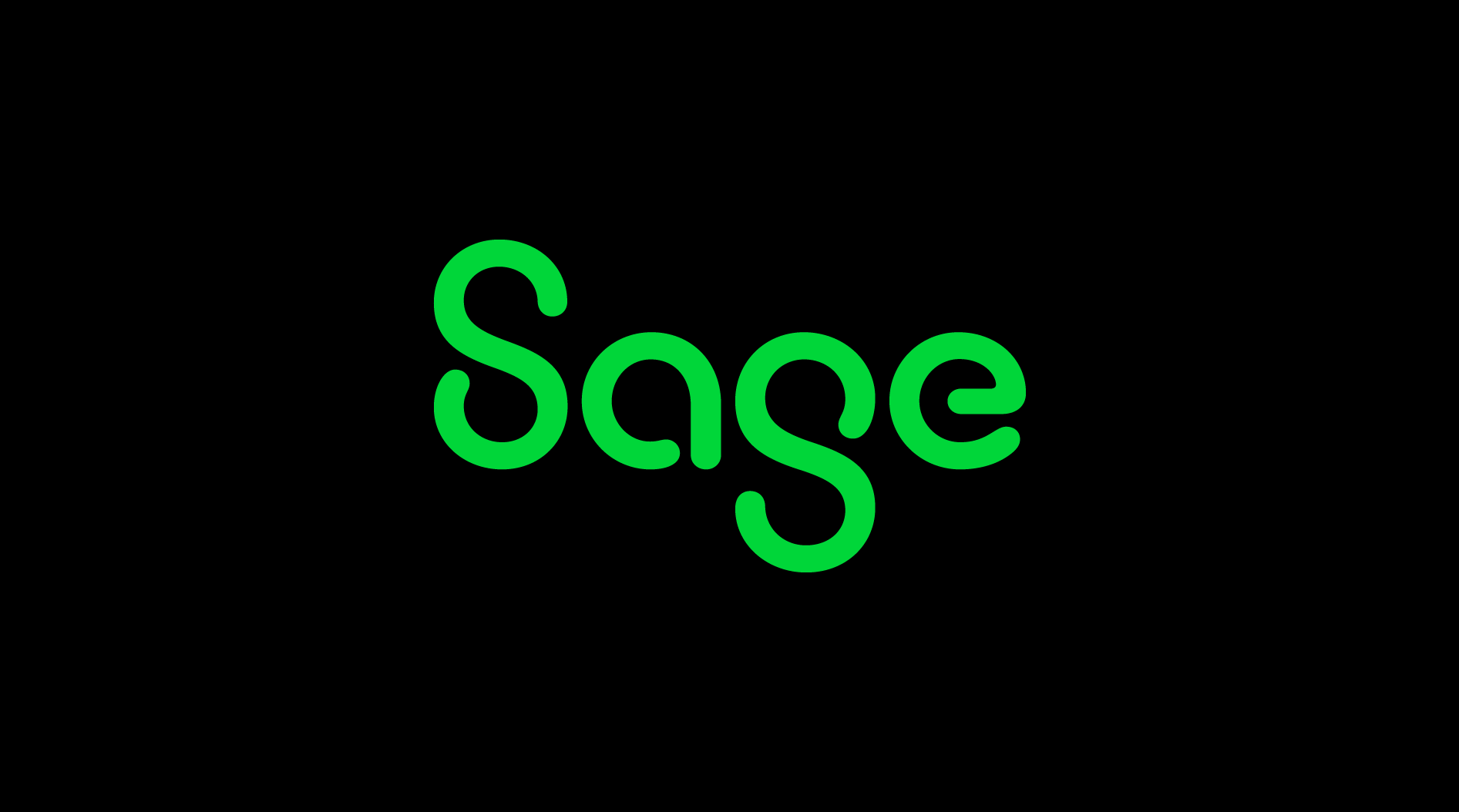Have you ever wondered how successful companies maintain their financial stability amidst the ever-changing commercial landscape? One of the secrets to their prosperity lies in using robust cloud accounting software. And in the rapidly evolving digital age, a suitable accounting program isn’t only beneficial but essential.
Let’s dive into the world of top-class cloud-based accounting platforms and find out how they can revolutionize the financial management of your business.
QuickLook: Best Accounting Software on Cloud
- Pandle
- FreshBooks
- Xero
- Zoho Books
- Intuit QuickBooks
- Sage Business Cloud Accounting
- Wave Accounting
- Kashoo
Top Accounting Software with Cloud Technology
The convergence of accounting software with cloud technology is ushering in a new era for businesses, providing unmatched convenience and adaptability. Below, we’ll be covering the leading cloud-based accounting software that is fundamentally changing how businesses manage their financial operations.
1. Pandle
Refreshingly simple bookkeeping
Intuitive, easy-to-use free accounting software designed to save you time.
Priding itself on a clean and user-friendly design, Pandle offers a seamless accounting experience even for non-accountants. Its intuitive navigation and clear instructions make financial management a breeze.
Key features:
- Automated Bank Feeds: Directly sync your bank transactions to reduce manual data entry and errors.
- Invoice Customization: Tailor your invoices with branding and required fields to make them uniquely yours.
- Real-time Financial Reports: Get a pulse on your finances anytime with up-to-date reporting features.
- Tax Management: Automated tax calculations ensure you’re always compliant without the added stress.
- Multi-Currency Support: Ideal for businesses that operate internationally, allowing transactions in various currencies.
Pricing:
- Free Tier: Ideal for small businesses and freelancers with basic accounting needs.
- Pro at $6/month: Advanced features like bill management, project tracking, and multi-currency support.
Pros:
- Simplicity: Intuitive design makes it easy for those without an accounting background.
- Cost-Effective: The free tier offers a substantial set of features for businesses on a budget.
- Customizable Invoicing: Allows businesses to maintain brand consistency.
- Regular Updates: The platform constantly evolves, adding features based on user feedback.
- Integration Capabilities: Can seamlessly integrate with other tools and platforms.
Cons:
- Limited Third-Party Integrations: Might not connect with all the apps a business uses.
- No Dedicated Mobile App: Mobile users have to rely on the browser version.
- Lacks Advanced Forecasting Tools: Businesses in need of in-depth financial forecasting might find Pandle limiting.
- Limited Customer Support on Free Tier: Premium support is reserved for paid plans.
- Not Ideal for Large Enterprises: Best suited for small to medium-sized businesses.
2. Freshbooks
Renowned for its intuitive interface and robust feature set, FreshBooks is a go-to tool for businesses seeking a comprehensive cloud accounting solution. Its dynamic features cater to a wide array of financial needs, making it an optimal choice for diverse business models.
Key features:
- Easy Invoicing: Create professional-looking invoices in minutes, customized to your brand.
- Expense Tracking: Connect your bank account to automatically track expenses and categorize them.
- Time Tracking: Manage your time for various projects and bill clients accordingly.
- Financial Reports: Generate insightful financial reports with just a few clicks.
- Mobile App: Manage your finances on the go with the feature-rich mobile application.
Pricing:
- Lite: $17/month
- Plus: $30/month
- Premium: $55/month
Pros:
- User-friendly Interface: Easily navigable even for those without accounting experience.
- Versatile Payment Options: Accepts payments through various gateways like credit cards, Apple Pay, and bank transfers.
- Regular Updates: Freshbooks often rolls out new features and improvements based on user feedback.
- Efficient Customer Support: Known for its responsive and helpful customer service team.
- Automation: Automated features like recurring invoices and payment reminders save time.
Cons:
- Limited Features on Lite Plan: The basic plan might not cater to all the needs of a growing business.
- Additional Costs: Extra fees for adding team members or using certain premium features.
- Lacks Inventory Management: Not suitable for businesses needing inventory tracking.
- No Payroll Processing: Businesses would need to integrate another tool for payroll.
3. Xero
Get back to what you love with Xero accounting software
Spend less time in the books
Try accounting software for everyday businesses. With features and tools to save you time.
With a flair for accommodating multiple users seamlessly, Xero stands out in collaborative environments. Its intricate user permissions and real-time data updates foster a harmonious financial workflow, which is especially beneficial for larger teams.
Key features:
- Dashboard Overview: A clear and concise dashboard that displays bank balances, invoices, bills, and expense claims, offering a snapshot of your financial health.
- Invoicing: Customizable and professional invoices can be sent out, with the ability to schedule recurring invoices and receive updates when they’re opened.
- Inventory Management: Track the quantity and value of the items in your inventory and get alerted when stock levels are low.
- Multi-Currency: Handle multiple currencies, with exchange rates updated hourly.
- Bank Connections: Direct feeds from banks and other financial institutions mean that transactions are imported securely into Xero each business day.
Pricing:
- Early: $15/month
- Growing: $42/month
- Premium: $78/month
Pros:
- User-Friendly: The interface is intuitive, making it easy for users to navigate and understand.
- Strong Integration: Integrates with over 800 third-party apps, enhancing its functionality.
- Real-time Collaboration: Multiple team members can work simultaneously with real-time updates.
- Robust Reporting: Offers detailed financial reports that can be tailored to your needs.
- Mobile Functionality: Mobile app allows users to manage their finances on the go.
Cons:
- Limited Customization: While Xero offers many features, there’s limited scope for advanced customization.
- Learning Curve: Some advanced features might require a learning phase, especially for those new to accounting software.
- Price Scaling: As you require more advanced features, the pricing can become relatively steep.
- No Built-in Payroll for All: While it offers built-in payroll for some regions, others might require integration with a third-party application.
- Limited Inventory Features: For businesses with complex inventory needs, Xero might seem somewhat basic.
4. Zoho Books
Online accounting software, built for your business.
Zoho Books is online accounting software that manages your finances, automates business workflows, and helps you work collectively across departments.
Part of the larger Zoho suite, Zoho Books shines when businesses require a multitude of integrated solutions. Its versatility extends beyond just accounting, making it an all-encompassing tool for various business operations.
Key features:
- Automated Bank Feeds: Connect to your bank and get daily updates, categorize transactions, and reconcile accounts faster.
- Time Tracking: Track billable hours efficiently and invoice clients for your time.
- Inventory Management: Manage inventory levels, set reorder points, and get stock level alerts.
- Customizable Invoices: Design and send professional invoices, and automate payment reminders.
- Tax Compliance: Automate tax calculations and stay compliant with your country’s tax regulations.
Pricing:
- Free: For businesses with annual revenue of $50,000
- Standard: $15/month
- Professional: $40/month
Pros:
- Seamless Integration: Integrates effortlessly with other Zoho products and several third-party apps.
- User-friendly Interface: Simplified dashboard and easy navigation.
- Automated Workflow: Set up rules for recurring tasks and save time.
- Detailed Reporting: Provides comprehensive financial reports.
- Global Tax Support: Adapts to various tax regimes across the world.
Cons:
- Limited Advanced Features: Might not cater to larger businesses with complex needs.
- Learning Curve: Initial setup and understanding of all features can be challenging for some.
- Occasional Sync Issues: Some users report synchronization issues with bank feeds.
- Pricing Tiers: Advanced features are limited to higher-pricing plans.
- Mobile App Limitations: Not all desktop features are available in the mobile version.
5. Intuit QuickBooks
A titan in the accounting world, Intuit QuickBooks is particularly adept at helping businesses pinpoint and maximize their tax deductions. Its detailed reporting and tax-specific features simplify the often daunting tax season for businesses.
Key features:
- Expense Tracking: Connect bank and credit card accounts for automatic updates and sort transactions into tax categories.
- Invoice Customization: Create professional, customizable invoices, accept online payments, and send reminders.
- Full-Service Payroll: Streamline payroll with automatic tax calculations, time tracking, and faster direct deposits.
- Tax Deduction Assistance: Organize income and expenses in tax categories, making tax filing straightforward.
- Cash Flow Management: Schedule recurring payments, batch pay bills, and send automatic payment reminders.
Pricing:
- Simple Start: $18/month
- Essentials: $27/month
- Plus: $38/month
Pros:
- Robust Reporting: Offers comprehensive financial reports that are easy to customize.
- Integration Options: Integrates with hundreds of third-party applications for enhanced functionality.
- User-Friendly Interface: Provides a clean and intuitive dashboard, making navigation easy.
- Strong Customer Support: Access to a vast knowledge base, video tutorials, and customer support.
- Cloud-Based Access: Accessible anywhere with an internet connection, ensuring data safety and convenience.
Cons:
- Pricing: For advanced features, the pricing can be relatively high for small businesses.
- Performance Issues: Some users experience occasional slowdowns, especially during updates.
- Complexity for Novices: While feature-rich, it might be overwhelming for those new to accounting software.
- Add-On Costs: Features like payroll come with additional costs.
- Mobile Limitations: Not all desktop features are present in the mobile app.
6. Sage Business Cloud Accounting
The leader in cloud financial management software
Whether you’re a growing startup or an established public company, we’re the right partner for your long-term success.
Tailored for the self-employed and solo entrepreneurs, Sage Business Cloud Accounting streamlines financial tasks without overwhelming its users. Its straightforward tools and features are designed keeping the unique needs of freelancers in mind.
Key features:
- Invoicing and Quotes: Create and send professional invoices and quotes with ease.
- Cash Flow Forecasting: Predict your future cash flow based on existing data and trends.
- Mobile Accounting: Use the Sage mobile app to manage your accounting tasks on the go.
- VAT Management: Simplified VAT returns process and automatic calculations.
- Integration Capabilities: Easily integrates with other popular business tools.
Pricing:
- Starts at $10/month
- Standard: $25/month
Pros:
- User-Centric Design: The interface is built keeping the non-accountants in mind.
- Bank Integration: Effortlessly connect your bank for real-time transaction data.
- Inventory Management: With the ‘Plus’ plan, you can manage stock levels and track inventory.
- Global Support: 24/7 customer support for any queries or assistance.
- Scalable Solutions: As your business grows, you can upgrade your plan for more features.
Cons:
- Limited Advanced Features: Some advanced features are exclusive to the ‘Plus’ plan.
- User Interface: Some users find the dashboard a bit cluttered compared to competitors.
- Additional Fees: Some features, like payroll processing, come with an added cost.
- Limitations on ‘Start’ Plan: The basic plan might be too restrictive for some businesses.
- No Time Tracking: Doesn’t offer a built-in time tracking feature.
7. Wave Accounting
Payroll software that pays off
Small business payroll that makes paying employees, contractors, and yourself, easy!
For businesses on a budget, Wave Accounting offers a robust free accounting software solution. Its suite of features, combined with a user-friendly interface, makes financial management accessible without the hefty price tag.
Key features:
- Unlimited Income and Expense Tracking: Monitor all your financial transactions without restrictions.
- Invoice and Estimate Creation: Design and dispatch custom, professional invoices and estimates to clients.
- Receipt Scanning: Snap and store digital copies of your receipts for streamlined expense management.
- Built-in Payroll Processing: Manage payroll and stay compliant with updated tax rates and forms.
- Real-time Collaboration: Grant access to collaborators or accountants for streamlined teamwork.
Pricing:
- Accounting and Invoicing: Completely free with no hidden costs.
- Wave Payroll: Starting at $20/month
Pros:
- Cost-Effective: One of the best free accounting solutions available.
- Integration with Wave Suite: Seamlessly integrate with other Wave products like Wave Payments and Wave Payroll.
- Secure Data Protection: Bank-level encryption ensures your financial data stays protected.
- Cloud-Based: Access your account from any device, anywhere with internet connectivity.
- Automatic Backups: Your data is automatically saved, ensuring no data loss.
Cons:
- Limited Advanced Features: More complex features may be lacking compared to paid solutions.
- Ads in the Interface: Being a free software, Wave displays ads that might be distracting for some users.
- No Inventory Management: Not suitable for businesses needing inventory tracking.
- Limited Third-Party Integrations: Might not integrate with all the tools your business uses.
- Customer Support: Premium support is available, but might not be as prompt as some premium solutions.
8. Kashoo
The World’s Simplest Accounting Software
We build accounting and finance tools for small business owners. Whether you need to send your first invoice, file your first tax return, or if you’re ready for traditional accounting software with customizable chart of accounts—we’ve got the tool for you!
If swift setup and immediate deployment are the need of the hour, Kashoo delivers. Known for its straightforward onboarding process, it allows businesses to hit the ground running without a lengthy setup phase.
Key features:
- Multi-Currency Support: Effortlessly handle transactions in multiple currencies, ideal for businesses with a global clientele.
- Expense Tracking: Capture and categorize business expenses on the go with a snap and upload feature.
- Invoicing: Generate, customize, and send professional invoices to clients with ease.
- Bank Reconciliation: Automatic and secure bank feeds to match and categorize transactions.
- Tax Reporting: Stay compliant with tax obligations using auto-filled tax forms and summary reports.
Pricing:
- Annual Plan: $216/year
Pros:
- User-Friendly Interface: Designed for users without an accounting background.
- No Extra Fees for Additional Users: A single subscription covers multiple users.
- Regular Updates: Kashoo is always evolving with its features and usability updates.
- Cloud-Based: Access your accounting data from any device, anytime.
- Customer Support: Responsive customer support through chat, email, and phone.
Cons:
- Limited Third-party Integrations: Might not connect with all the desired external apps.
- No Payroll Feature: Businesses might need to look elsewhere for payroll processing.
- Mobile App Restrictions: Some features are limited or unavailable on the mobile app.
- Simplistic Reporting: Advanced businesses might find the reporting features a bit basic.
- Offline Access: No offline mode, requiring internet connectivity for access.
How to Choose the Best Cloud Accounting Software
There are plenty of software options to choose from, each with unique characteristics that set them apart. But in a sea of countless software choices, how do you pinpoint the one that’s just right for you? Below, we delve into key considerations and tips to help guide your decision, ensuring your business thrives with the best cloud accounting solution.
Assess Your Business Needs
Start by diving into the intricacies of your financial needs. The size of your business, the number of people who will be accessing the software, the specific financial operations you’ll be dealing with, and any industry-related features should be top of mind. Don’t forget to consider potential integrations with other key business software to ensure smooth operations.
Define Your Budget
Financial prudence is key. Set a clear budget for your cloud accounting software. Most cloud solutions are based on a subscription model, typically monthly or annually. Weigh the benefits of the software against your financial constraints to ensure you’re getting value for money.
Research Available Options
The digital world is teeming with countless accounting tools, each with its own advantages. As you dig through this vast array, it’s important to choose platforms from established providers. Their reputation for offering powerful features, reliable operation, and praise from satisfied users can help you choose the most suitable solution for your needs.
Evaluate Features and Functionality
In a competitive environment, functions can make or break your accounting efficiency. In addition to basic features like invoicing and tax management, you should also look at the software’s ease of use, security protocols, integration potential, mobile capabilities, scalability, and support offerings. These elements affect the usability and adaptability of the software to the changing needs of your business.
Choosing the right software requires a well-thought-out approach. By assessing your needs, defining a budget, researching your options, and evaluating functionality, you’ll be poised to make an informed decision that propels your business to financial proficiency.
Crunching Numbers in the Cloud: The Future of Business Finance
The digital age brings unparalleled convenience and efficiency, especially when it comes to managing finances. Through this exploration of cloud accounting software, we’ve showcased the pinnacle of financial management tools available. Whether you’re a freelancer or a multinational corporation, there’s a solution tailored for you.
FAQs
What is accounting software on the cloud?
Cloud accounting software is a software-as-a-service (SaaS) solution that allows users to manage and track their finances online without the need for local installations on individual computers.
What are the benefits of using accounting software on the cloud?
Using cloud-based accounting software provides advantages such as real-time financial tracking, accessibility from any location, automatic updates, and reduced upfront costs compared to traditional software.
Is my data secure when using accounting software on the cloud?
Yes, reputable cloud accounting software vendors prioritize data security and often use encryption, secure data centers, and regular backups to protect user data.
Can I access my accounting software on the cloud from any device?
Absolutely! One of the main perks of cloud accounting software is the ability to access it from various devices like laptops, tablets, and smartphones, as long as you have an internet connection.
Can multiple users access the accounting software on the cloud at the same time?
Yes, most cloud accounting software allows for multi-user access, which is ideal for collaborative financial management within a team or organization.














